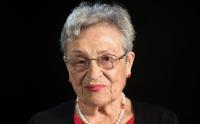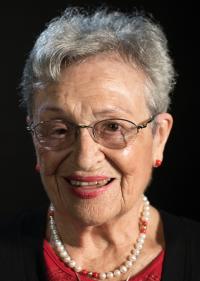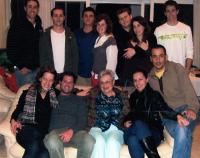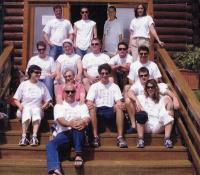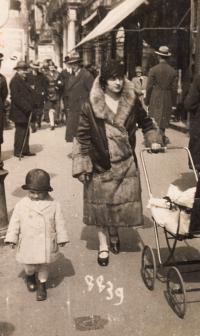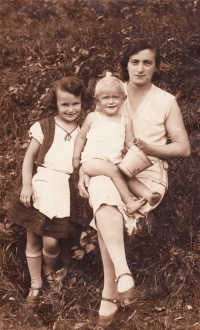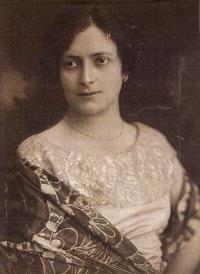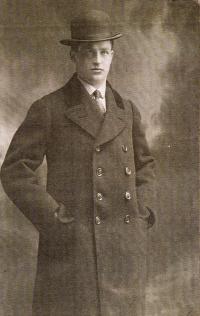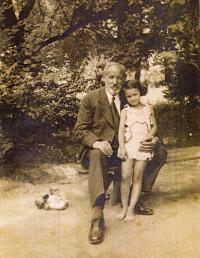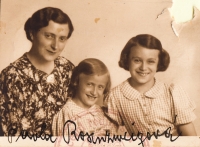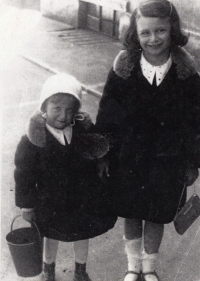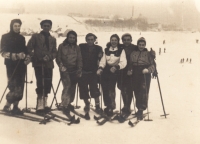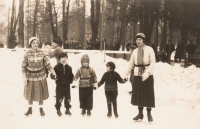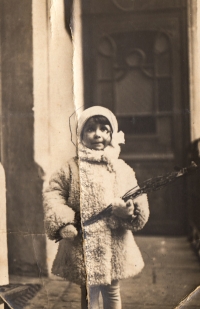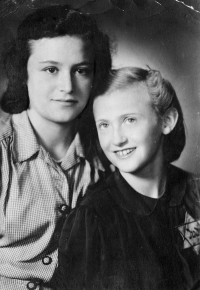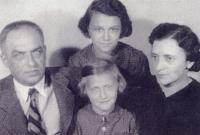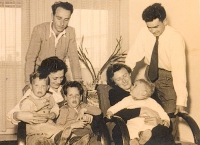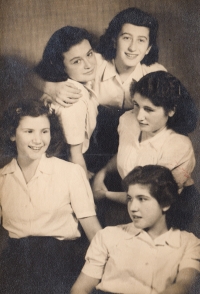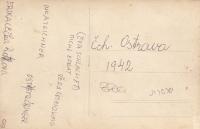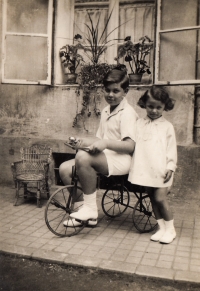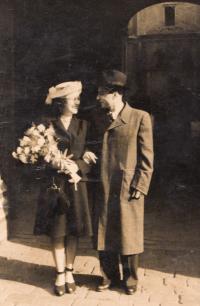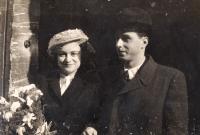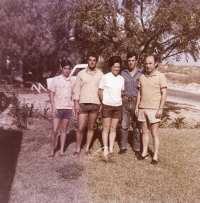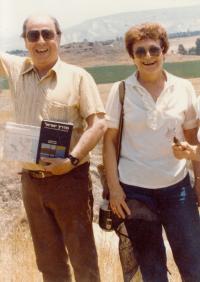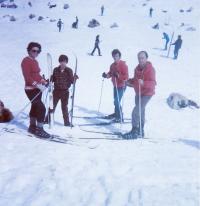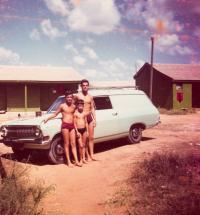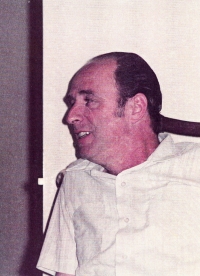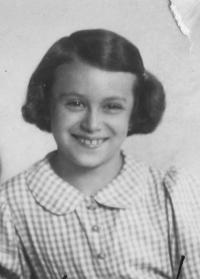‘We know to work so what could happen to us?‘ We thought before leaving for Auschwitz
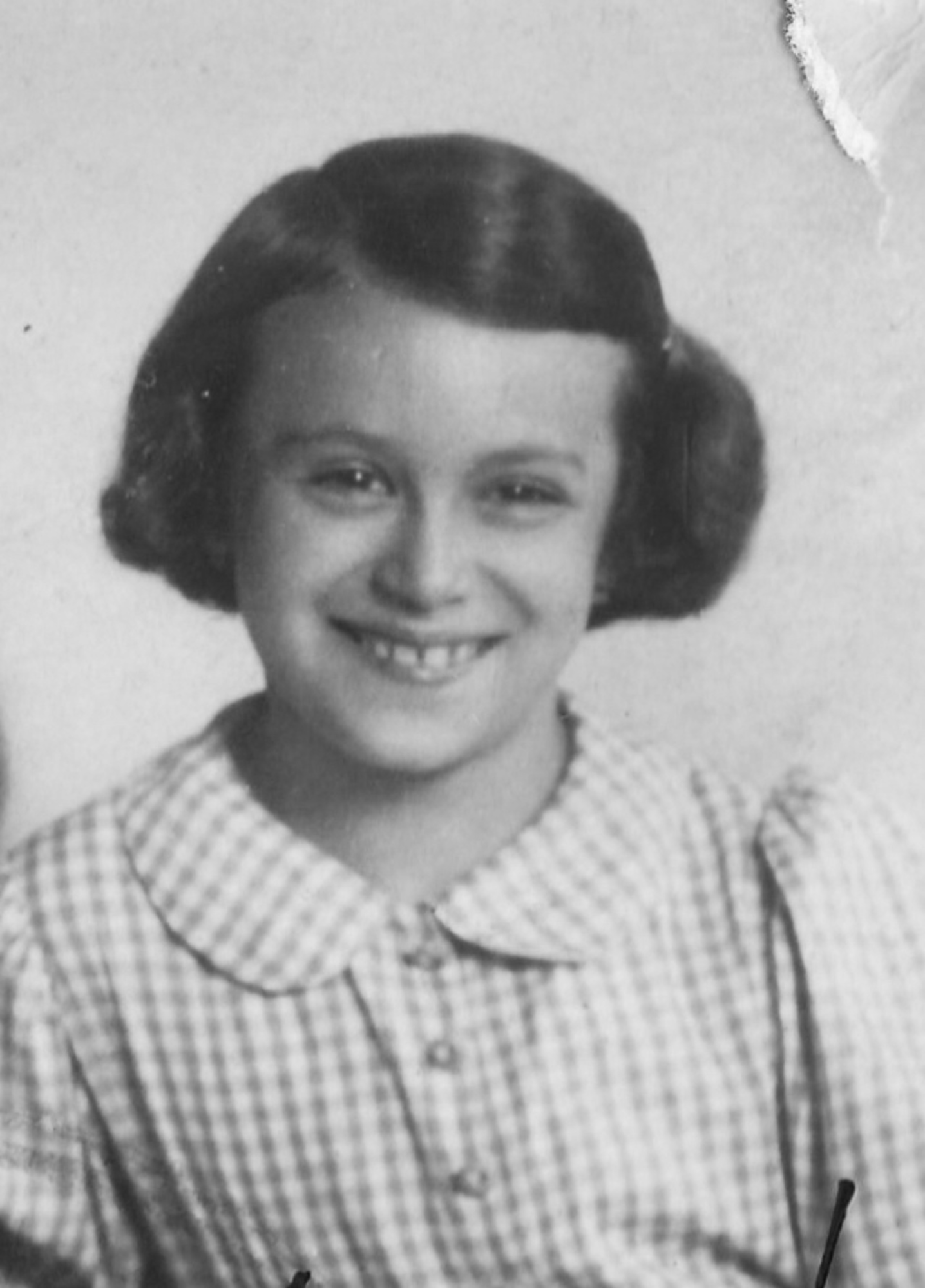
Stáhnout obrázek
Věra Idan, née Rosenzweigová, was born on the 20th April, 1926, to a Jewish family living in Košice. She is the older of two daughters. Her father, Oskar, sold wood and her mother, Paula, was a housewife. Because of her father‘s business, the family moved to Ostrava in mid 1930‘s, where Věra and her younger sister, Mariana, attended a Czech school. When Jewish children were banned from public education, Věra started attending Alijat ha-noar School (Jugend Alijah Schule) lead by the Zionist movement in Prague and Ostrava. In October of 1939, Věra‘s father was deported to the Nisko camp. He eventally managed to escape, and later fled to the USSR where he died in 1943. Věra, her mother, and sister were soon deported to Terezín on the 30th of September, 1942. There, Věra was put to work in agriculture and laundry. Together with her sister and mother, she was listed for a transport heading for Auschwitz on the 15th of May, 1944. After spending six weeks in the family camp, they went through selections together and soon transferred to Christianstadt camp, a branch of Gross-Rosen. Following the evacuation of the camp in February of 1945, they were sent on a death march to Cheb for six weeks. From there, all three were transported to Bergen-Belsen by the end of March, where they were finally liberated on the 15th of April. But on the 2nd May, 1945, Věra‘s mother died, and Věra and her sister became severely ill. In July of 1945, they went for rehabilitation to Sweden and returned to Czechoslovakia in August of 1946. Once back in Prague, Věra met Otto Immerglück, whom she knew from Ostrava, and the two married in 1947. In 1949, they left together for Israel, changing their surname to Idan. They would spend ten years living in the Ha-Chotrim kibbutz before moving to the village of Michmoret in 1959, where Otto worked as a teacher. Together, they raised three sons. Věra Idan is now a widow living in Michmoret.
